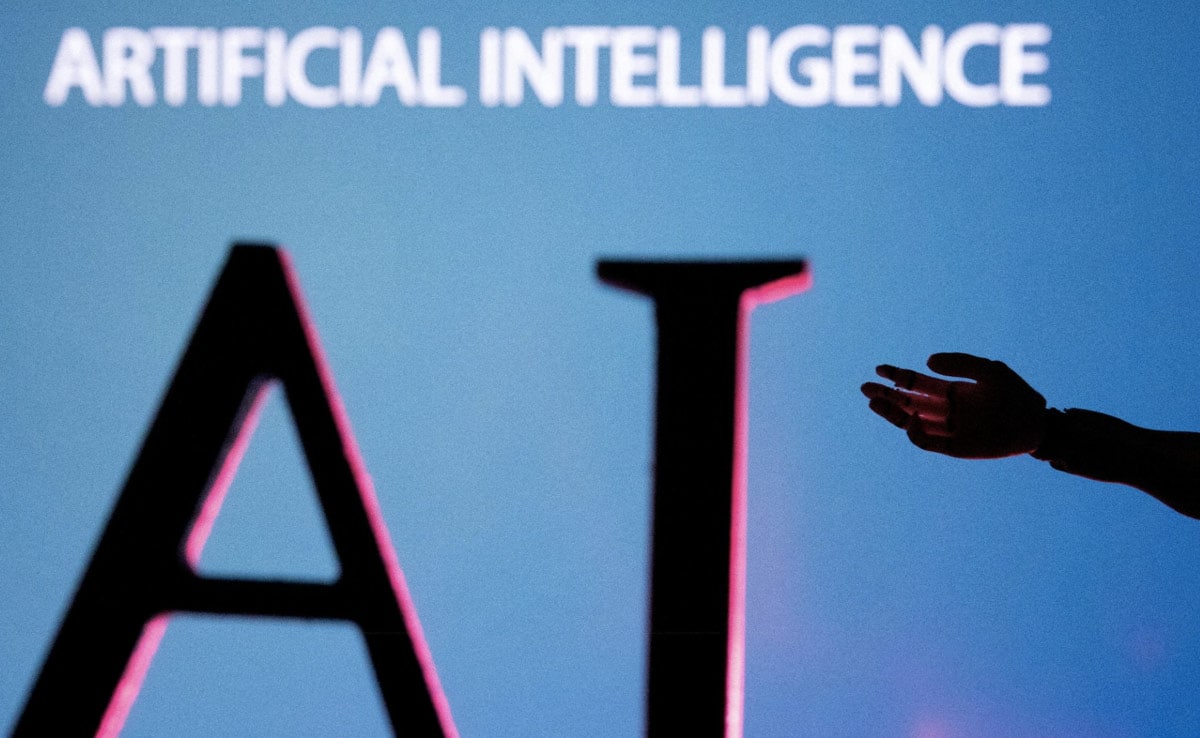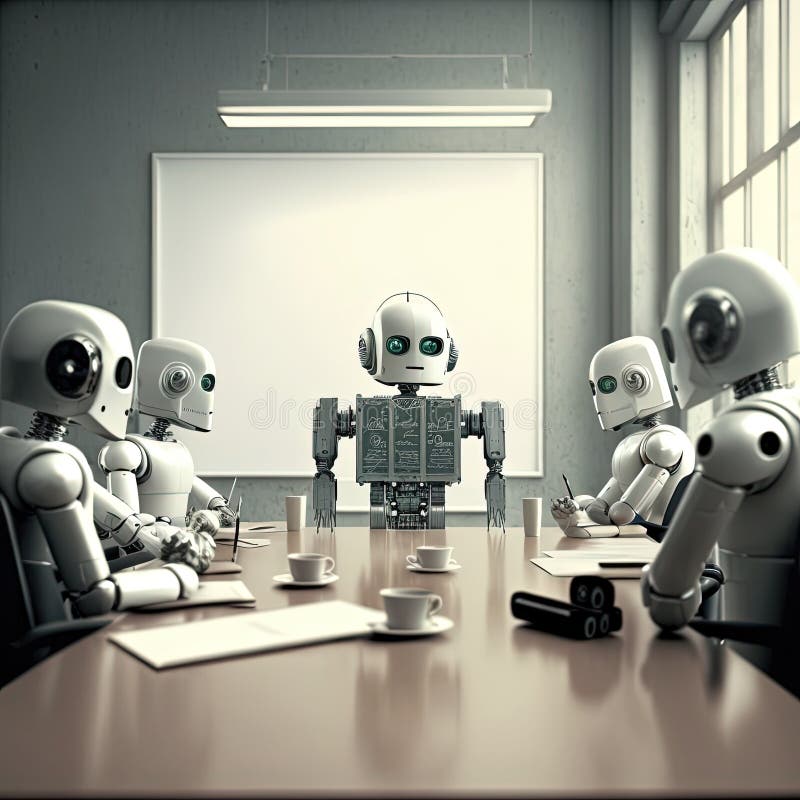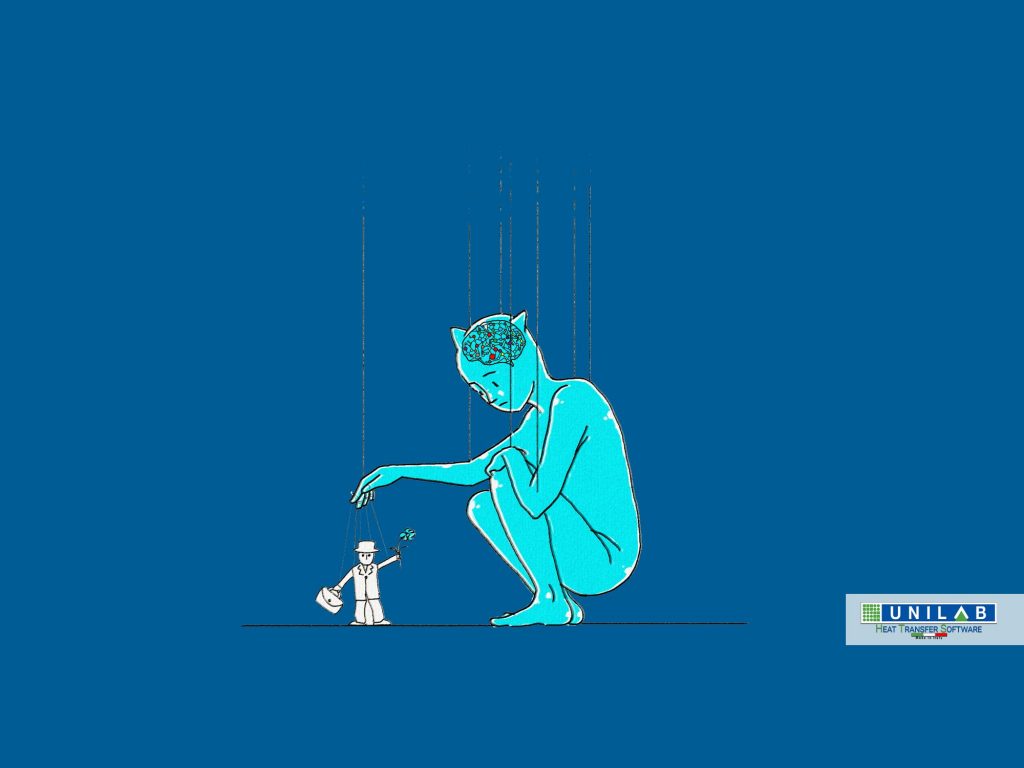
The Rise of AI Avatars: A Threat to Human Interaction?
The CEO of Zoom, Eric Yuan, has sparked controversy with his vision for AI avatars to take our place in meetings. In an interview with The Verge, Yuan proposed the idea of a ‘digital twin’ that can attend meetings on our behalf, freeing us from the monotony of video conferencing. But is this innovation a step too far?
 The Future of Meetings?
The Future of Meetings?
Yuan’s vision is to create a personalized AI assistant that can learn our habits and preferences, allowing it to make decisions on our behalf. This digital twin would be able to attend meetings, take notes, and even negotiate on our behalf. But what are the implications of such technology?
The Blurring of Lines
As AI continues to advance, the lines between human and machine are becoming increasingly blurred. With the rise of AI avatars, we risk creating a world where human interaction is reduced to a minimum. Is this really what we want?
 A World Without Human Interaction?
A World Without Human Interaction?
The Dangers of Manipulation
Moreover, Yuan’s proposal raises concerns about the potential for manipulation. If AI avatars can be programmed to negotiate on our behalf, what’s to stop them from being used to deceive or manipulate others? The implications are chilling.
 The Dark Side of AI
The Dark Side of AI
The Future of Human Connection
As we move forward in this brave new world of AI avatars, we must ask ourselves: what does this mean for human connection? Will we soon find ourselves interacting solely with machines, devoid of emotional depth and human empathy?
 The Importance of Human Connection
The Importance of Human Connection
In conclusion, while Yuan’s proposal may seem like a convenient solution to the drudgery of meetings, it raises far more questions than answers. As we continue to advance in the field of AI, we must be mindful of the implications of our creations and ensure that they do not come at the cost of human connection.











